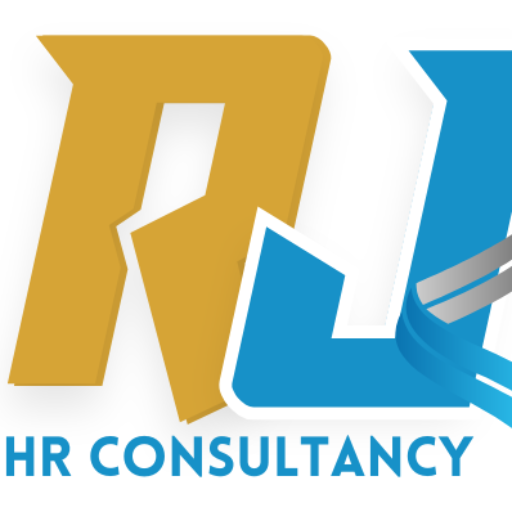
Remote work has become a cornerstone of modern business, transforming the way companies operate and how employees perform their roles. As we delve deeper into 2024, the future of remote work continues to evolve, presenting unique challenges and opportunities for employers. Here are the best practices for hiring and managing remote employees to ensure success in this dynamic landscape.
Embrace Remote Work Technology
To effectively hire and manage remote employees, it’s crucial to leverage the right technology. Tools like Zoom, Slack, and Asana have become essential for remote communication and project management. Employers should invest in reliable and secure technology that facilitates seamless collaboration and productivity.
Clear Communication Channels
Establishing clear communication channels is vital for remote teams. Regular virtual meetings, updates, and feedback sessions help maintain transparency and alignment. Employers should set expectations for communication frequency and methods to ensure everyone is on the same page.
Define Roles and Responsibilities
Clearly defining roles and responsibilities is essential in a remote work environment. Each team member should understand their tasks, deadlines, and how their work contributes to the overall goals of the company. Detailed job descriptions and project plans can help eliminate confusion and enhance accountability.
Focus on Results, Not Hours
In a remote setting, it’s more effective to focus on results rather than hours worked. Employers should set clear objectives and performance metrics, allowing employees the flexibility to manage their own schedules. This approach promotes a results-driven culture and can lead to higher productivity and job satisfaction.
Foster a Strong Company Culture
Maintaining a strong company culture is challenging but crucial for remote teams. Employers can foster a sense of community through virtual team-building activities, regular check-ins, and opportunities for social interaction. Celebrating achievements and recognizing employees’ contributions can also strengthen the team’s bond.
Prioritize Employee Well-being
Remote work can blur the boundaries between personal and professional life, leading to burnout. Employers should prioritize employee well-being by encouraging regular breaks, promoting a healthy work-life balance, and providing resources for mental health support. Flexible working hours and wellness programs can also contribute to a more balanced and productive workforce.
Effective Onboarding Processes
A robust onboarding process is critical for integrating remote employees into the team. Employers should provide comprehensive training, introduce new hires to team members, and ensure they have access to necessary resources and tools. A well-structured onboarding process can set the tone for a positive and productive remote work experience.
Leverage Remote Work Policies
Having clear and comprehensive remote work policies in place is essential. These policies should cover aspects such as work hours, communication expectations, cybersecurity practices, and guidelines for using company equipment. Clear policies help prevent misunderstandings and ensure a smooth remote work experience for everyone.
Continuous Feedback and Development
Regular feedback is crucial for the growth and development of remote employees. Employers should conduct performance reviews and provide constructive feedback to help employees improve their skills and performance. Offering opportunities for professional development, such as online courses and workshops, can also enhance employee satisfaction and retention.
Embrace Diversity and Inclusion
Remote work allows companies to tap into a global talent pool, promoting diversity and inclusion. Employers should embrace this opportunity by implementing inclusive hiring practices and fostering a culture of respect and collaboration. Diverse teams bring different perspectives and ideas, driving innovation and creativity.
Conclusion
The future of remote work is here to stay, and companies must adapt to this new reality to thrive. By embracing technology, establishing clear communication channels, focusing on results, fostering a strong company culture, prioritizing employee well-being, implementing effective onboarding processes, and leveraging remote work policies, employers can successfully hire and manage remote employees. Continuous feedback, professional development, and a commitment to diversity and inclusion will further enhance the remote work experience, ensuring long-term success for both the company and its employees.




